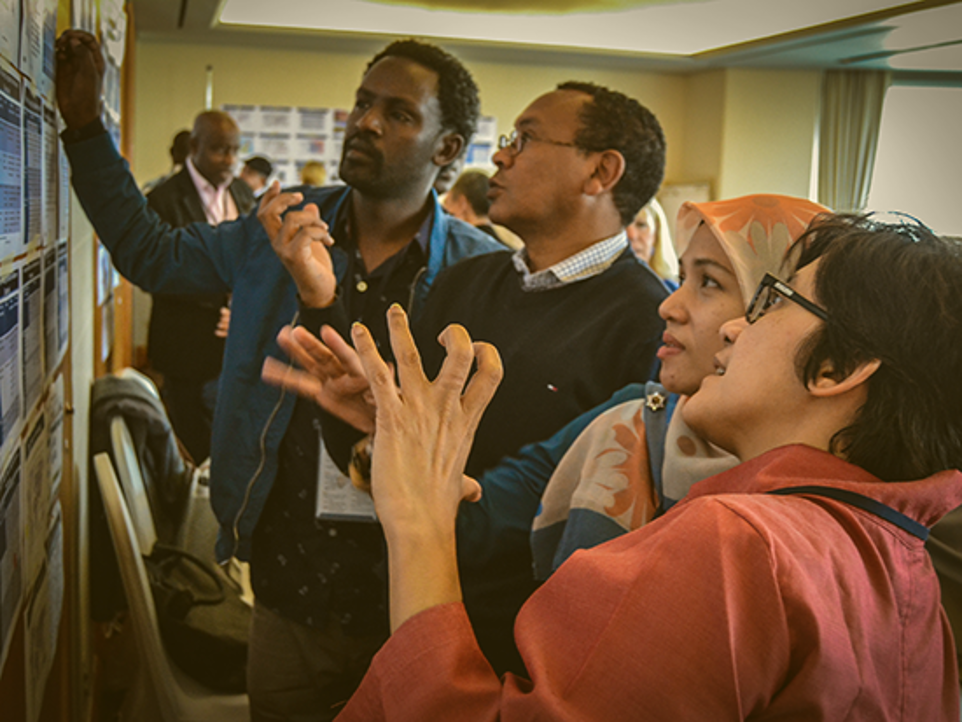Evaluating the Impact of Learning Networks: Insights from the JLN

Author: Donnelly Mwachi, Amanda Folsom, Mahlet Gizaw and Rahul Kadarpeta The JLN is a country-driven network of practitioners and policymakers from 40 countries across the globe who come together to problem solve, co-develop global knowledge products, and implement solutions that help bridge the gap between theory and practice. This collective wisdom of network members is harnessed to address complex health systems challenges ultimately accelerating progress towards Universal Health Coverage (UHC). The joint learning approach evolved over a period since 2010, when JLN was launched, drawing on several global best practices in action-oriented adult learning. It emphasizes a locally led approach, where country practitioners determine priorities, set the learning agenda, and co-develop effective strategies and promising practices. Knowledge exchange among countries is organized into learning exchanges (3-6 months) and collaboratives (18-24 months). Technical facilitators play a critical role, providing organizational capacity and analytical rigour to help countries frame issues and articulate their insights in a structured manner. The JLN encourages flexible thinking, enabling practitioners to synthesize new knowledge into knowledge products – including tools, assessments, policy analysis frameworks, decision-making tools, implementation guidance, and case studies – that serve the needs of the country participants who co-created them and become global public goods for the global health community. Challenges in evaluating learning networks, such as JLN Practitioner-to-practitioner learning, managed by knowledge exchange networks or platforms, is emerging as a key pathway for building in-country capacities and contextualizing global best practices for strengthening health systems and sustainable health reforms. However, the empirical evidence on influence of these initiatives is scarce because of the challenges faced in measuring their impact. Measuring the impact of such networks can be challenging due to several factors. First, these networks often consist of a diverse range of practitioners with varying levels of expertise, and organisational backgrounds. The fluid nature of membership, with participants joining or leaving, makes it difficult to track and measure consistent outcomes over time. In addition, the ‘intangible’ benefits of developing connections with peers through the network and maintaining them, even after participating at network related activities, are difficult to measure. Further, the impact of knowledge exchange in these networks may not follow a linear path and can be diffuse, with knowledge being applied in varied contexts and at different times. This makes it hard to attribute specific outcomes directly to the network’s activities or interventions. Evaluating their effectiveness requires a comprehensive understanding of their design, functionality, and focus on purpose, membership, and knowledge-sharing mechanisms. Other challenges include the complexity, indirect and distributed nature of networks, including the long time it takes to achieve systemic changes.
